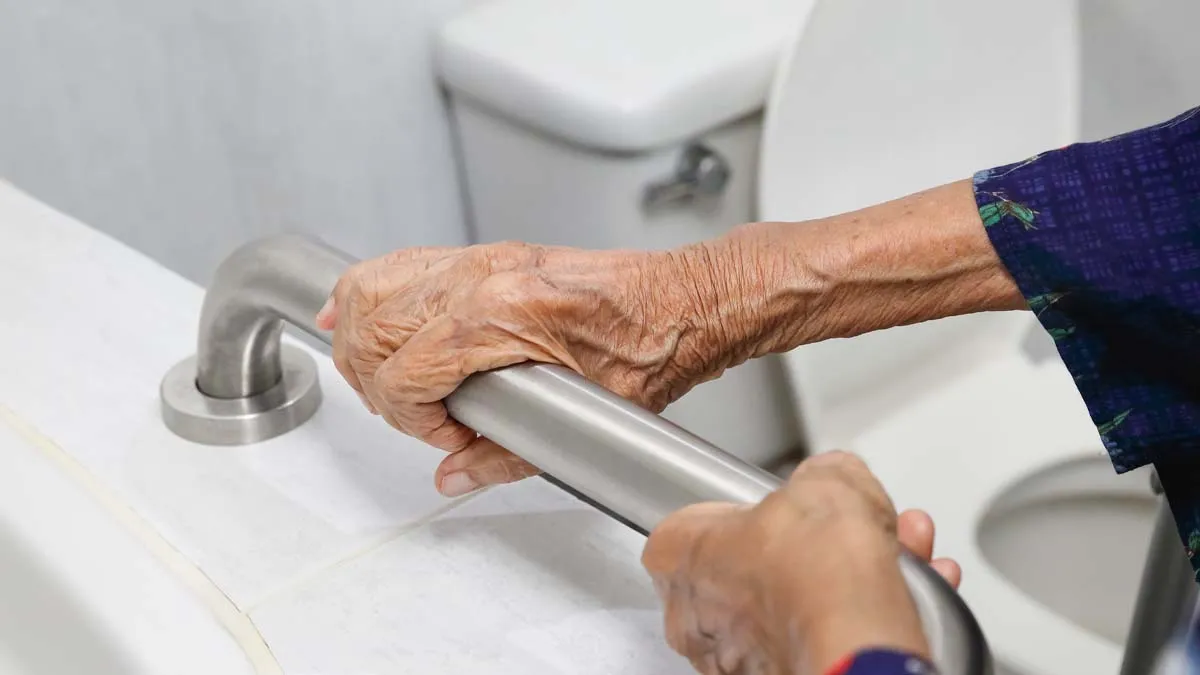The Benefits of Palliative Care in Home Settings

Published on October 17, 2023
Palliative care, often misunderstood as end-of-life care, is a holistic approach to improving the quality of life for individuals facing serious sickness. It focuses on relieving symptoms, managing pain, and providing emotional support. While palliative care can be administered in various settings, receiving it at home offers unique advantages. In this blog, we’ll explore the numerous benefits of palliative care in home settings and why it’s becoming an increasingly popular choice for patients and their families.
Personalized Care in Familiar Surroundings
- Describe how receiving palliative care at home allows patients to remain in the comfort of their familiar surroundings.
- Highlight the emotional comfort patients find in being at home, surrounded by their loved ones, pets, and cherished possessions.
Enhanced Quality of Life
- Discuss how palliative care aims to improve the patient’s overall quality of life by managing pain, symptoms, and side effects of treatment.
- Share stories or statistics illustrating the positive impact of home-based palliative care on patients’ well-being.
Reduced Stress and Anxiety
- Explain how home-based palliative care can reduce the stress and anxiety often associated with hospital visits.
Emphasize the importance of a calm and stress-free environment for patients in palliative care.
One-on-One Attention
- Highlight the benefit of receiving one-on-one attention from healthcare professionals who visit the patient’s home.
- Discuss how this personalized care fosters a strong patient-caregiver relationship.
Customized Care Plans
- Explain how palliative care plans are tailored to meet the unique needs, preferences, and goals of each patient.
- Mention the involvement of a multidisciplinary care team in developing and adjusting the care plan.
Family Involvement and Support
- Discuss the role of family members in home-based palliative care, both as caregivers and emotional support for the patient.
- Address how palliative care teams provide guidance and resources to family members.
Patient Empowerment
- Explain how palliative care empowers patients to actively participate in their care decisions.
- Share examples of how patients can maintain a sense of control over their lives and treatment.
Cost-Effective Care
- Mention that home-based palliative care can often be more cost-effective than extended hospital stays.
- Discuss potential cost savings for patients and their families.
Advanced Symptom Management
- Detail the various symptom management techniques and therapies available in home-based palliative care.
- Highlight the expertise of palliative care professionals in alleviating pain and discomfort.
Emotional and Spiritual Support
- Discuss the emotional and spiritual support provided by palliative care teams, including counseling, spiritual guidance, and support for end-of-life discussions.
Conclusion:
Palliative care in home settings offers a compassionate and patient-centered approach to managing serious illnesses. By providing personalized care, emotional support, and symptom management in the comfort of patients’ homes, it enhances their quality of life and empowers them to make informed decisions about their care. If you or a loved one are facing a serious illness, consider exploring home-based palliative care as a valuable option to improve overall well-being and ensure comfort during challenging times. Contact a reputable palliative care provider to discuss your specific needs and create a customized care plan.




